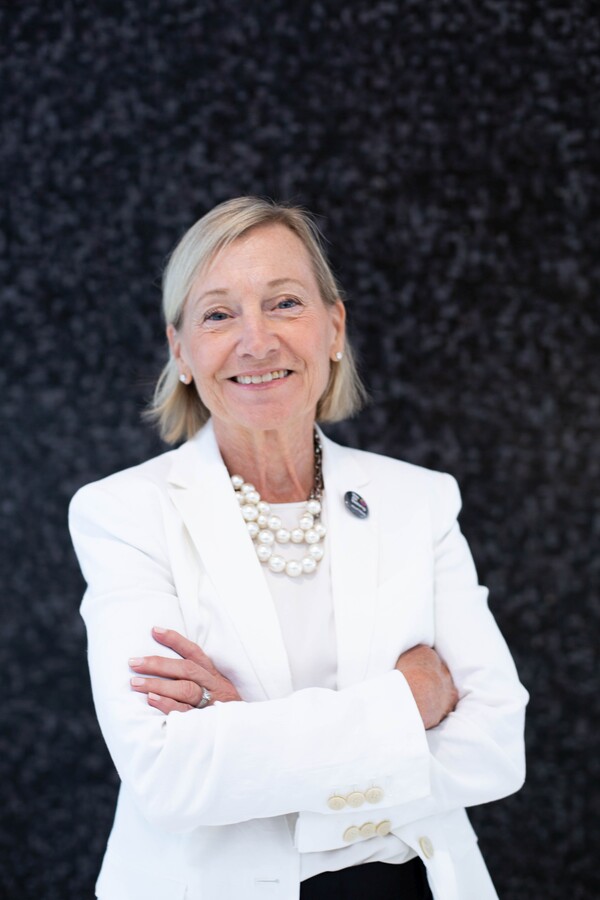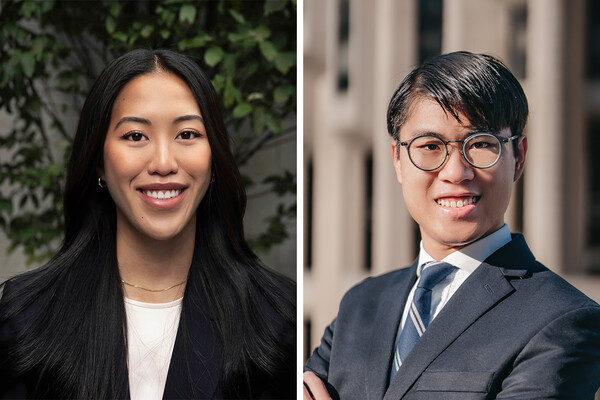Breadcrumbs
- Home
- MD/PhD Program
- News
- More Than the Sum …
More Than the Sum …

It’s easy to focus on the individual elements that comprise medical education, and for many decades, that’s exactly what we did. If you successfully completed a series of courses, you moved on to the next year. Successfully complete a few years, you got a degree. Successfully complete your residency, you entered into independent practice.
This approach put medical education into a series of boxes, with the hope that the sum of the parts made the doctor. But, in recent years, we have moved beyond this notion. Through initiatives like CanMEDS, Competency by Design and programmatic assessment, we are shifting the delivery and evaluation of medical training away from a series of steps to recognize the continuum that it is: a process that begins on the first day of class and doesn’t end until retirement.
In July, I began a new role within the Faculty of Medicine: Vice Dean, Medical Education. It provides me with an opportunity to support the continuum of medical education we provide at the University of Toronto — from outreach programs and pathways into our MD Program to continuing professional development programs for current physicians — and everything in between. We are adapting to meet the needs of how medical education should now be delivered.
This is an opportunity to harmonize our efforts and foster deeper collaborations. It’s about recognizing common challenges to arrive at shared solutions. COVID-19 has actually offered a good case study, as there was an immediate need to provide new training modules for learners. For example, we needed to deliver training on PPE donning and doffing procedures. There isn’t one way an MD student dons and doffs that is different from the way residents do. Instead of having each training program develop its own approach to the same question, we collaborated to provide training across the medical training continuum and, in fact, across the health professions at U of T. It’s about working smarter, not harder, for the benefit of our learners.
Benefiting our learners is, as it has always been, at the heart of medicine education. And to do that, we must provide a strong learner experience and a respectful learning environment that ensures equity, diversity and inclusion. These two things are inextricably linked: you cannot have a good experience and value your training when you feel unwelcome and poorly treated. We have heard — repeatedly — through the “Voice of the …” surveys and other sources that learners face an environment that too often accepts, supports and perpetuates systemic racism, religious bigotry, and harassment based on gender and sexual orientation. I will not accept this and I am committed to ensuring change. We are working to provide additional training and resources and enhancing our curriculum, as well as revising our policies and procedures to eliminate barriers to reporting and addressing mistreatment. We must work together to shift our environment to ensure that everyone feels they belong.
This November, both the MD and Postgraduate Medical Education programs will undergo accreditation sites visits (November 2 to 6 for the MD Program, and November 22 to December 4 for Postgraduate Medicine Education). Due to the pandemic, these “visits” will be virtual. They mark a critical milestone in the accreditation process, which will provide us with an opportunity to identify areas of strengths, but more importantly, areas that require improvement. We must be honest in our shortcomings and committed to addressing them.
I undertake this new role confident in the skills and support provided by the teams in the MD and Post MD programs. They are committed to preparing the next generation of medical leaders and advancing their fields, be it medical practice, educational scholarship, research or administrative excellence. And, I am inspired by our learners, who are not passive recipients of knowledge, but engaged partners in improving our curriculum and learning environments.
We know that great doctors are not merely the sum of their training, but develop as a result of their experiences and environments. So, let us commit to excellence in education, the experiences we provide, and the environments in which we learn — together.
Patricia Houston
Vice Dean, Medical Education
News


